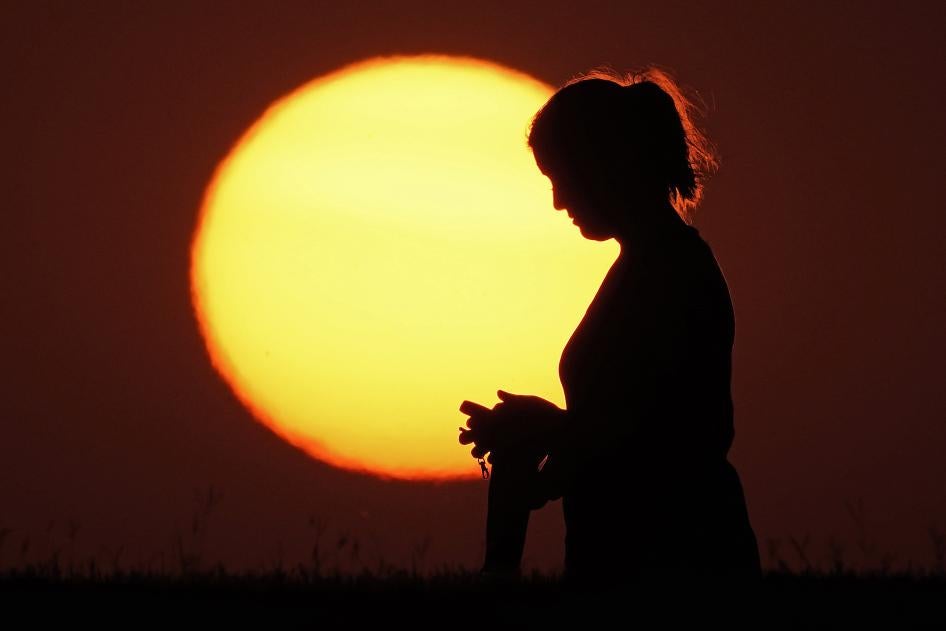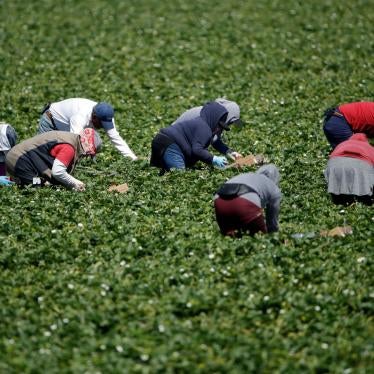Wildfires raged across the United States this summer, devastating communities and threatening reproductive health and justice, highlighting the need for accessible, comprehensive guidance for pregnant people.
The US Reproductive Justice framework, created by Black women’s rights activists, advocates for equal access to a healthy and safe environment for all people during pregnancy and while raising children.
Research shows pregnant people are among those most at risk for adverse health effects from exposure to the particulate matter found in wildfire smoke, and studies have linked wildfires with increased stress and risks of developing post-traumatic stress disorder (PTSD).
Exposure to wildfire smoke and stress during pregnancy are also linked with low birth weight and preterm birth, which are already much more common in the US compared to similarly large and wealthy countries. Black women and other women of color are more likely to experience these harms.
Wildfires can also lead to displacement and destruction of health infrastructure and other public services, impacting people’s ability to access critical health care.
Human Rights Watch reviewed online government wildfire advice from state health agencies in the 14 states most affected by wildfires. While most states warn about the dangers of wildfire smoke exposure for pregnant people and its associated health and birth risks, and provide guidance on minimizing exposure, they call little, if any, attention to the mental health impacts or how to access health care during and after wildfires. Additionally, some states do not provide information in multiple languages or clear guidance on accessibility options for people with disabilities.
Some state guidance might also be difficult to implement. One common recommendation is to stay indoors to minimize exposure to low air quality due to wildfires. Because wildfires are often accompanied by extreme heat events, pregnant people, particularly those working outside or with low incomes who cannot afford the high cost of utilities or those living in poor-quality housing, may face a dangerous choice between opening windows to cool down or experiencing suffocating heat. Pregnant people who work outside may face even more difficult choices between health or a paycheck.
States should provide comprehensive and accessible information on how wildfires affect all pregnant people, including those on low incomes or with disabilities, and those at risk in other ways, including outdoor workers and people living in low-quality housing. Any alternative would not only continue to undermine reproductive health but could deepen existing inequities in maternal health and birth outcomes.









